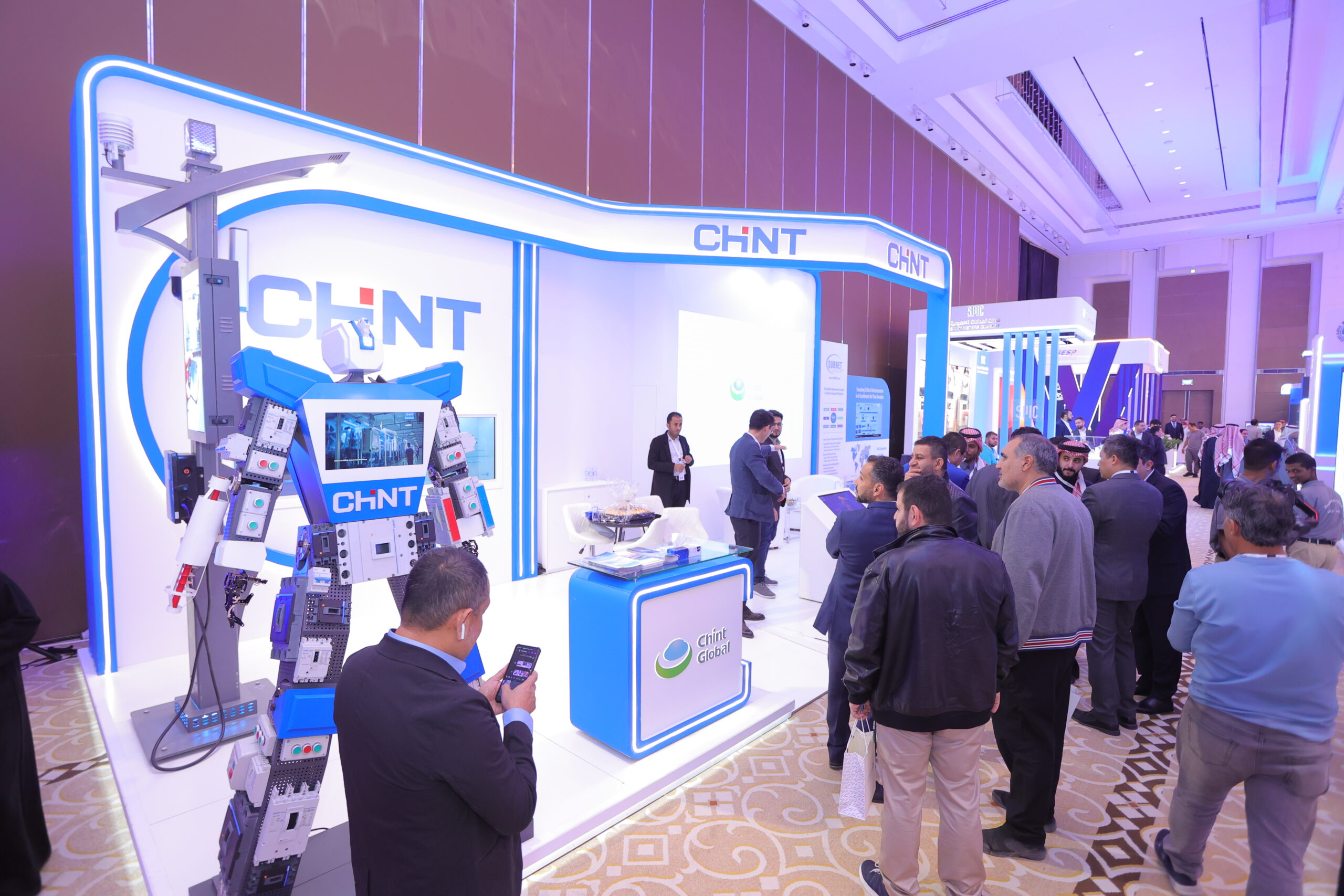CHINT, the globally renowned smart energy and new energy solutions provider, participated in the 28th United Nations Climate Change Conference of Parties (COP28) and shared CHINT’s sustainable development concept, ESG initiatives, and industry carbon footprint reduction plan. During the conference, CHINT participated in activities such as signing agreements, and memoranda of understanding (MOUs), endorsing regional and local sustainability agreements, delivering speeches, participating in key initiatives panel discussions, working with governmental entities, regional water and clean energy developers, and international partners to promote global green and low-carbon transformation.
The United Nations Climate Change Conference of Parties (COP), which is an annual conference held under the framework of the United Nations Framework Convention on Climate Change (UNFCCC), to evaluate progress and take actions in addressing global climate change, establish legally binding obligations for developed countries to reduce greenhouse gas emissions, invite government, business, Non-governmental organisations, and business representatives to jointly seek practical solutions, exchange green innovation development practices, and form a collective commitment to climate action.
“Addressing climate change is the shared responsibility of all mankind. We are willing to unite with Downstream Enterprises and walk the path of green development together. In the future, we will empower all walks of life with new regional globalisation, diverse industry models, and green energy,” said Lily Zhang, president of CHINT Global.
Building clean energy projects with green power solutions
During the COP28 conference, CHINT took part in key strategic agreements. On the 4th of December, CHINT signed strategic cooperation intention agreements with Egypt’s government unit SCZONE and engazaat, Egypt’s first independent power and water developer and operator (IPWP) for the development of the 2 million square meter cleantech industrial park. On the same day, CHINT reached an agreement with its partners to support the construction of the second phase of the Jushi Factory Solar Project, jointly assisting the largest single rooftop solar project in the Middle East and Africa and promoting Egypt’s “Vision 2030” and the United Nations Sustainable Development Goals.
On the 11th of December, CHINT also witnessed an agreement with one of the biggest UAE retail organisations, for the construction of PV systems supplying multiple shopping malls in the Middle East and Africa, which is expected to offset more than 3 million tons of carbon emissions during its lifecycle.
Low-carbon transformation has become a global consensus, and various industries still need to accelerate the process of carbon reduction. CHINT uses green power solutions to create sustainable influence and continuously promote the carbon reduction process throughout the chain. CHINT’s multi-energy complementary smart park solution can improve the overall efficiency of the park’s energy system and realise a clean, low-carbon, safe, efficient, and modern energy system. CHINT’s industrial and commercial scenario solutions feature multiple business formats, multiple scenarios, and multiple applications, and can be applied to multiple application scenarios such as multi-energy complementation and energy efficiency management.
Explore sustainable development using the concept of CHINT ESG.
As a pioneer, explorer, and practitioner of green and low-carbon development, CHINT promises to provide end-to-end solutions for the entire Value Chain to help industry customers achieve a sustainable future.
At COP28, CHINT was invited to participate in the theme-sharing of key countries, such as Egypt and China, and shared practical cases and experiences of enterprises in the fields of sustainable agricultural development and climate action in the form of roundtable discussions and guest speeches.
CHINT fulfills its commitment to customers with a systematic ESG concept and practice. For a long time, CHINT has successively formulated zero-carbon standards such as “carbon accounting”, “carbon footprint”, and “carbon emission”, independently developed systems such as “CHINT Smart Carbon Cloud Management Platform”, made timely and comprehensive carbon information disclosure, and launched effective zero-carbon action plans, actively practicing ESG concepts.
Witnessing the energy transition process through CHINT low carbon practices
The sustainable idea presented by CHINT is not the first at the COP meetings. At last year’s COP27, CHINT was invited to participate in discussions on green agriculture and other topics and shared on-site photovoltaic + industrial models such as sand-photovoltaic complementation, fishery-photovoltaic complementation, agricultural photovoltaic complementation, and forest-photovoltaic complementation. It also introduced the household photovoltaic enrichment model to achieve ecological beauty, the social benefits of increasing farmers’ income and increasing government taxes.
CHINT has been deeply involved in the new energy industry for many years, focusing on the three major sectors of “green energy”, “smart electrical”, and “smart low-carbon”. It has proposed a strategy of “international regional localisation”, introduced diversified industrial capabilities into the local market, and established a “one hospital, one park, one fund 3 + N” cooperation model in different regions. It carries out international cooperation based on business scenarios needed to achieve win-win sustainable development.










Discussion about this post